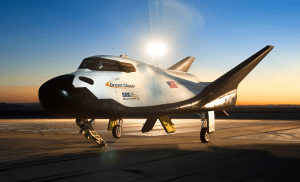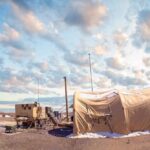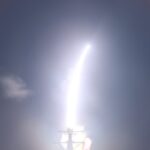
The Government Accountability Office (GAO) on Monday denied Sierra Nevada Corp.'s (SNC) protest of NASA's Commercial Crew Transportation Capability Contract (CCtCap) awards to Boeing [BA] and Space Exploration Technologies Corp. (SpaceX).GAO said in a statement SNC argued that NASA's evaluation departed from the solicitation's stated evaluation and selection criteria by significantly elevating NASA's stated “goal” of obtaining an integrated crew transportation system no later than the end of 2017. SNC also said NASA failed to put offerors on notice that…













